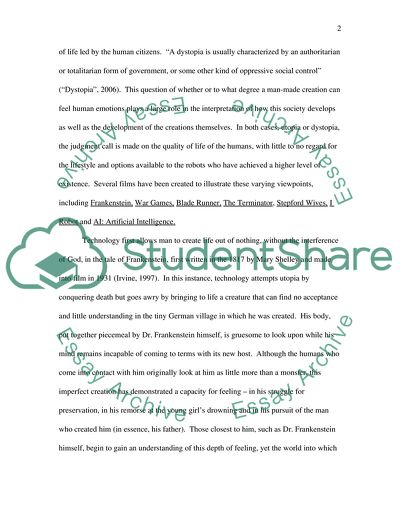Cite this document
(Conflict between Human and Artificial Intelligence Essay, n.d.)
Conflict between Human and Artificial Intelligence Essay. Retrieved from https://studentshare.org/science/1537384-discuss-the-conflict-between-human-intelligence-and-artificial-intelligence
Conflict between Human and Artificial Intelligence Essay. Retrieved from https://studentshare.org/science/1537384-discuss-the-conflict-between-human-intelligence-and-artificial-intelligence
(Conflict Between Human and Artificial Intelligence Essay)
Conflict Between Human and Artificial Intelligence Essay. https://studentshare.org/science/1537384-discuss-the-conflict-between-human-intelligence-and-artificial-intelligence.
Conflict Between Human and Artificial Intelligence Essay. https://studentshare.org/science/1537384-discuss-the-conflict-between-human-intelligence-and-artificial-intelligence.
“Conflict Between Human and Artificial Intelligence Essay”. https://studentshare.org/science/1537384-discuss-the-conflict-between-human-intelligence-and-artificial-intelligence.


